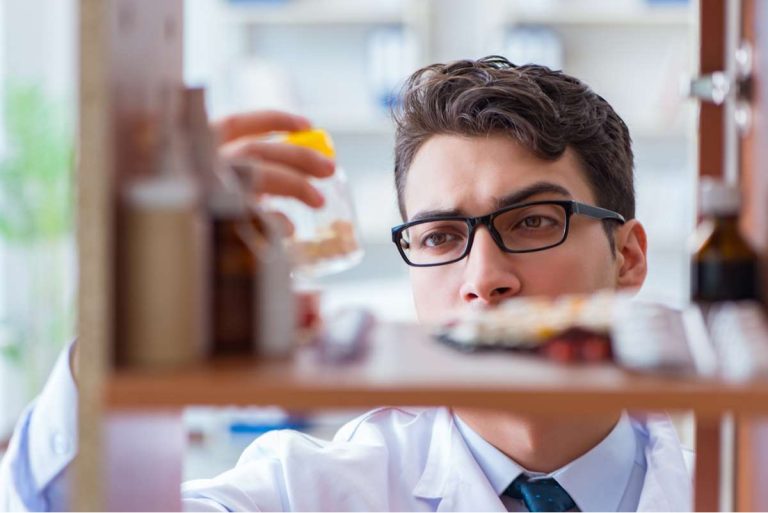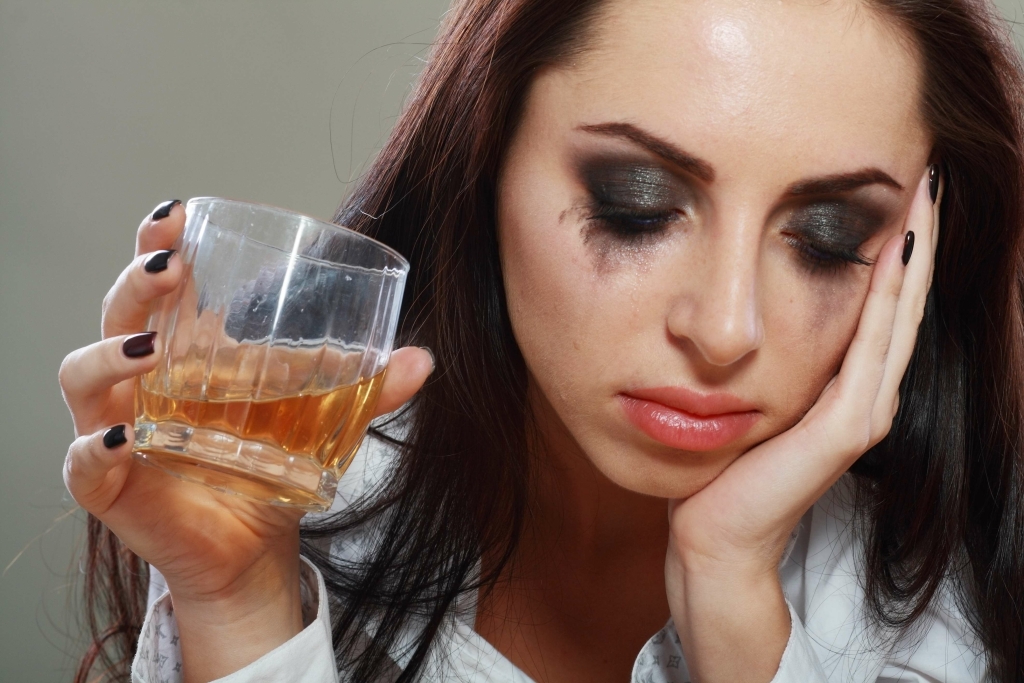While understanding addiction as a disease can reduce stigma and promote evidence-based treatments, considering addiction as a volitional behavior acknowledges the role of personal responsibility. Integrated models, such as the biopsychosocial model and the self-medication model, aim to bridge the gap between these perspectives by acknowledging the diverse factors that contribute to addiction. By adopting a comprehensive and compassionate approach, we can better support individuals struggling https://natural-cure.ru/v-ssha-odobren-preparat-satralizumab-kompanii-rosh-dlya-terapii-zabolevanij-spektra-optikonevromielita/ with addiction and promote their path to recovery. The debate over whether addiction is a disease or a choice is a complex and often polarizing topic in the realm of mental health and substance abuse. On one side, some argue that addiction is a choice, not a disease, emphasizing personal responsibility and the role of individual decision-making in initiating drug use. However, this perspective often overlooks the intricate psychological and biological factors that contribute to addiction.
Professional development
- Once again, if it were solely choice based, addiction would affect each person as an individual and their family history would play no significant role.
- Proponents of the disease model argue that addiction is a chronic brain disease characterized by changes in the brain’s structure and function.
- We acknowledge that some of these criticisms have merit, but assert that the foundational premise that addiction has a neurobiological basis is fundamentally sound.
Finally, social factors such as family dynamics, peer influence, and environmental stressors also play a significant role. The disease model of addiction suggests http://www.infopiter.ru/business/bus3.html that addiction is a chronic, relapsing brain disease. It is characterized by changes in the brain’s reward system, leading to compulsive drug-seeking behavior.

The Complexity of Addiction

Because addiction is such a complex phenomenon, there are many theories about what addiction is. It matters how people view addiction because that influences what they are willing to do about it, or even whether they believe they can do anything about it. Finally, we argue that progress would come from integration of these scientific perspectives and traditions. Wilson has argued more broadly for greater consilience [109], unity of knowledge, in science.

Similar content being viewed by others
Health insurers handle conditions above the neck very differently and getting them to pay for addiction treatment or mental health care in the right setting for an adequate amount of time is soul-sapping. Public health addiction crises like the one that Seattle is battling, she argues, would be better addressed by tackling the surrounding problems – housing crises, trauma and mental health issues that give rise to substance use disorders. She imagines coupling this approach with accessible, compassionate therapeutic outpatient settings. Much of what we know about quitting drugs has been provided by researchers who study addicts who are not in treatment (e.g., Klingemann et al., 2010).
- Similar to how a person who wakes up at the same time most days for work, these processes easily become habit over time.
- However, a heritability of addiction of ~50% indicates that DNA sequence variation accounts for 50% of the risk for this condition.
- That history deepened my understanding of addiction and helped me make sense of my own experiences.
- By addressing these underlying issues, we can reduce the risk of addiction and improve the overall well-being of individuals and communities.
- Nobody will accuse me of “relapsing” or suggest that money spent on my treatment was wasted.
As a result, no decision is made; we “freeze” or become too overwhelmed with options. Nobody said that about my life-saving radiation, chemotherapy, or any of the drugs I was prescribed to manage some of the rough treatment side effects. FDA-approved medications like methadone, buprenorphine, and naltrexone, used in combination with traditional counseling and behavioral therapies, are considered the “gold standard” for treating opioid use https://www.wholesalenbajerseystore.com/2018/03/20/the-omega-3-lifestyle/ disorder (OUD). Neither they, nor I had to battle my health insurance company to get the tumors removed from my nether regions. While each of my expensive treatments had to be pre-authorized and my doctors had to continually prove “medical necessity,” I got what I needed without a fight. My loved ones didn’t have to spend hours combing the internet and calling dozens of facilities hoping they could at least get me on a waiting list.
This paper, too, has been exceptionally influential by academic standards, as witnessed by its ~3000 citations to date. What may be less appreciated among scientists is that its impact in the real world of addiction treatment has remained more limited, with large numbers of patients still not receiving evidence-based treatments. While it is true that individuals make choices that can lead to addiction, it is important to recognize that addiction is not solely a matter of choice. The brain changes that occur during addiction can make it extremely difficult for individuals to stop using drugs or alcohol without proper treatment and support.
